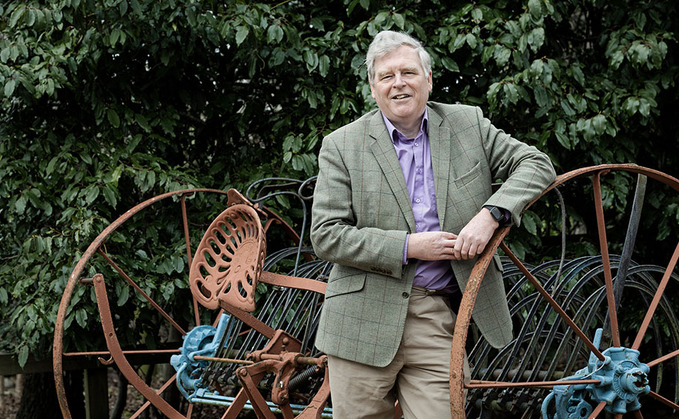
After years at the helm, Stuart Ashworth reflects on his career at one of Scotlands most well-known agricultural organisations. Many of those involved with farming have an aversion to numbers and statistics,...

After years at the helm, Stuart Ashworth reflects on his career at one of Scotlands most well-known agricultural organisations. Many of those involved with farming have an aversion to numbers and statistics,...